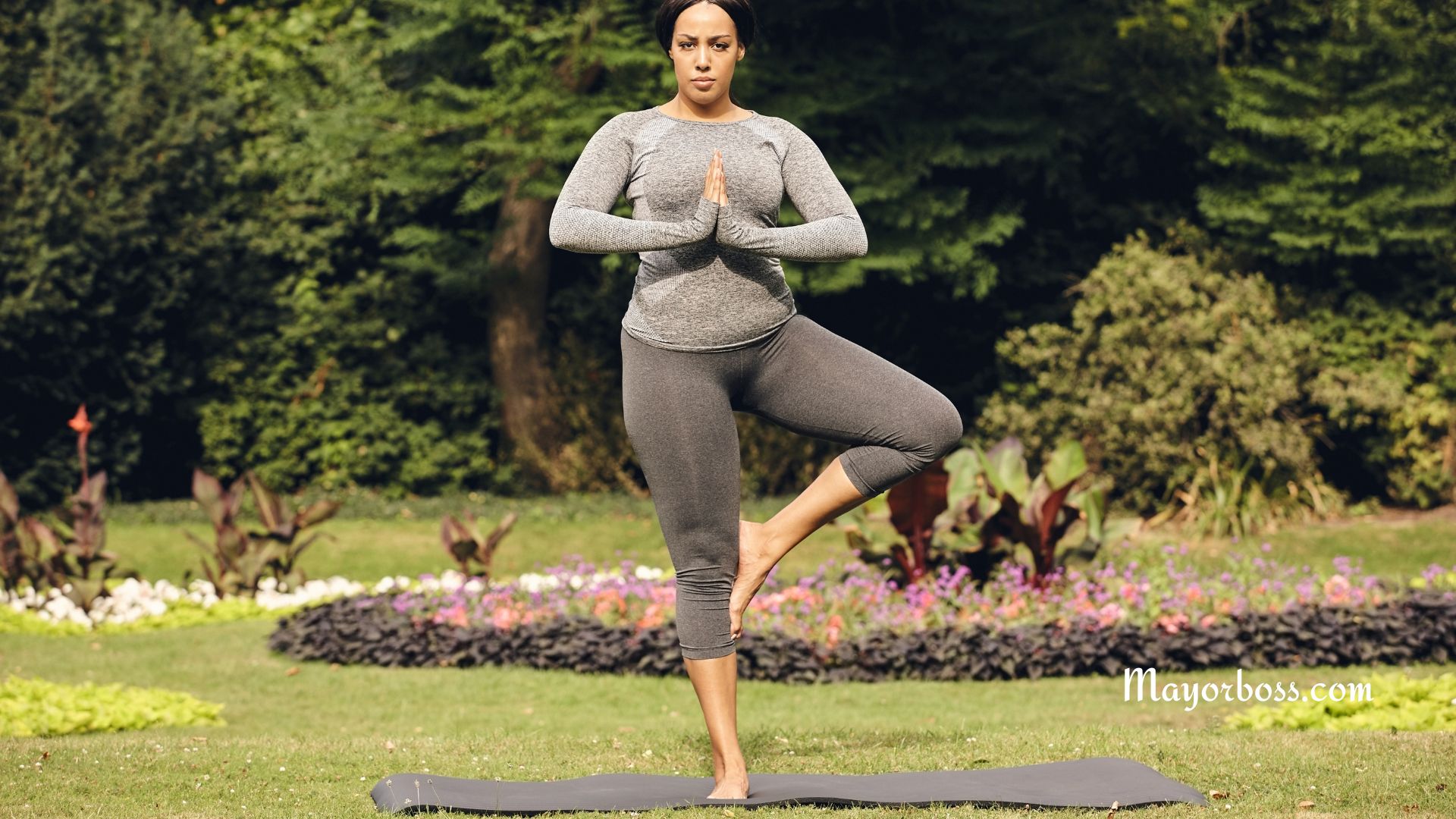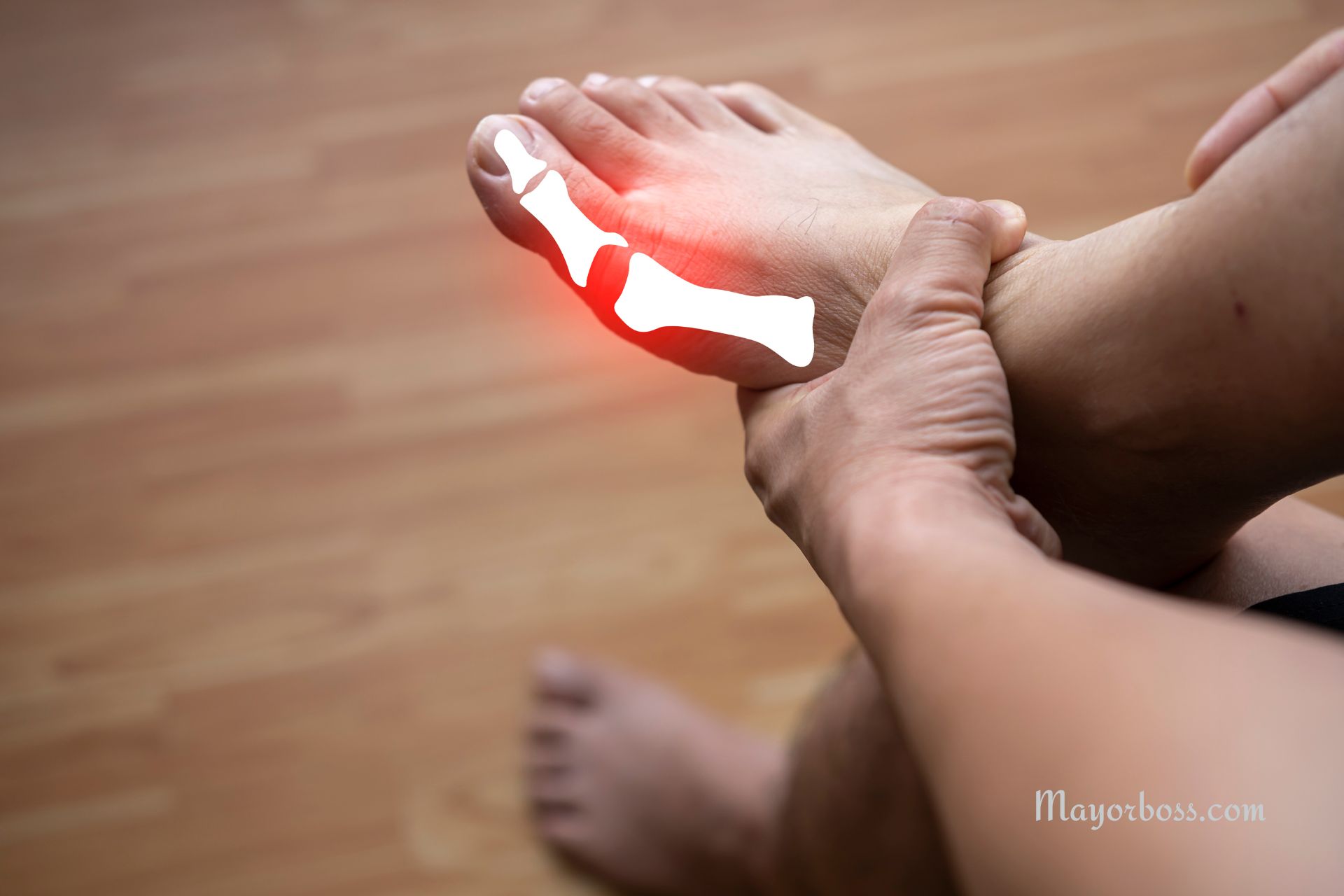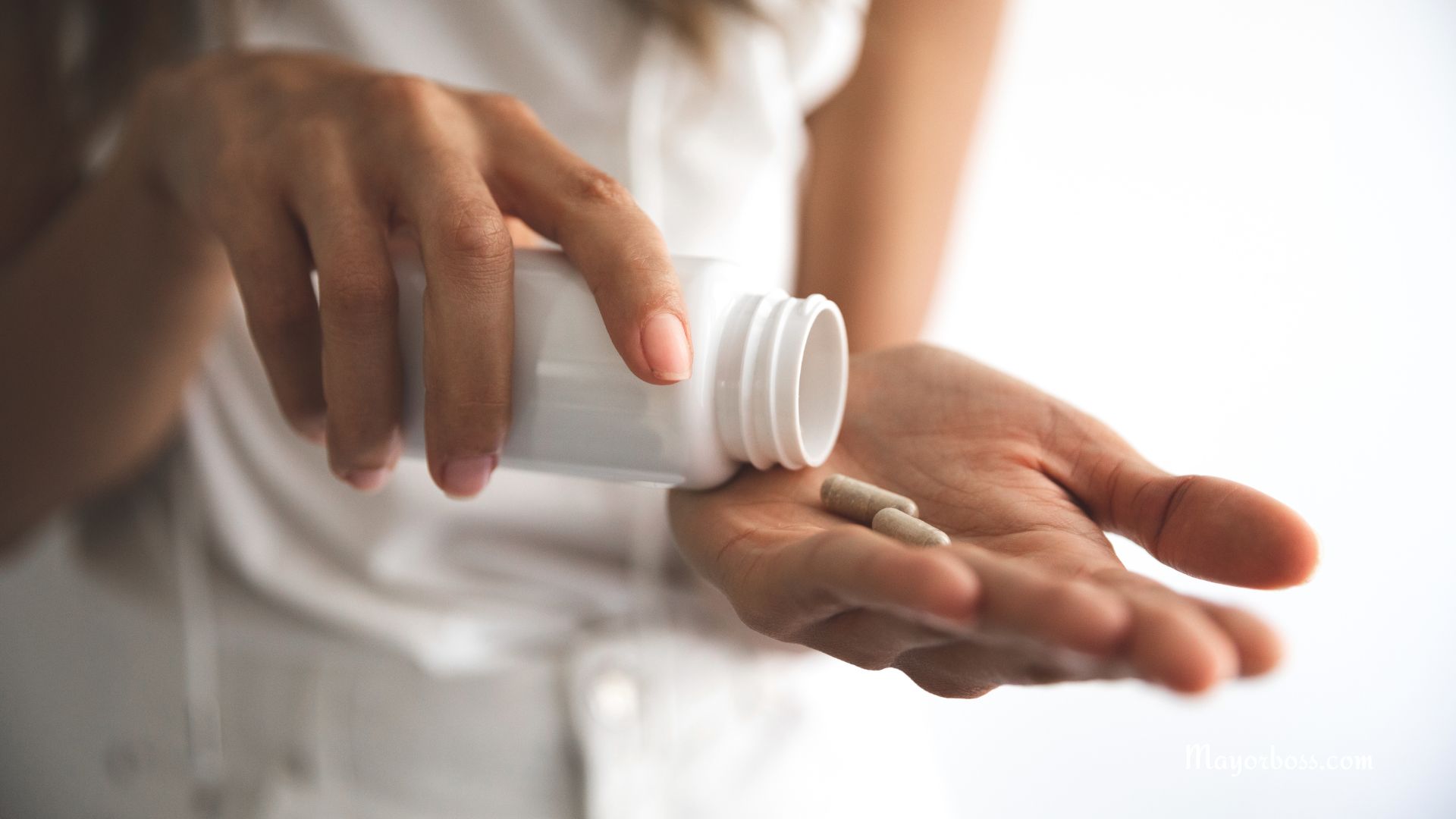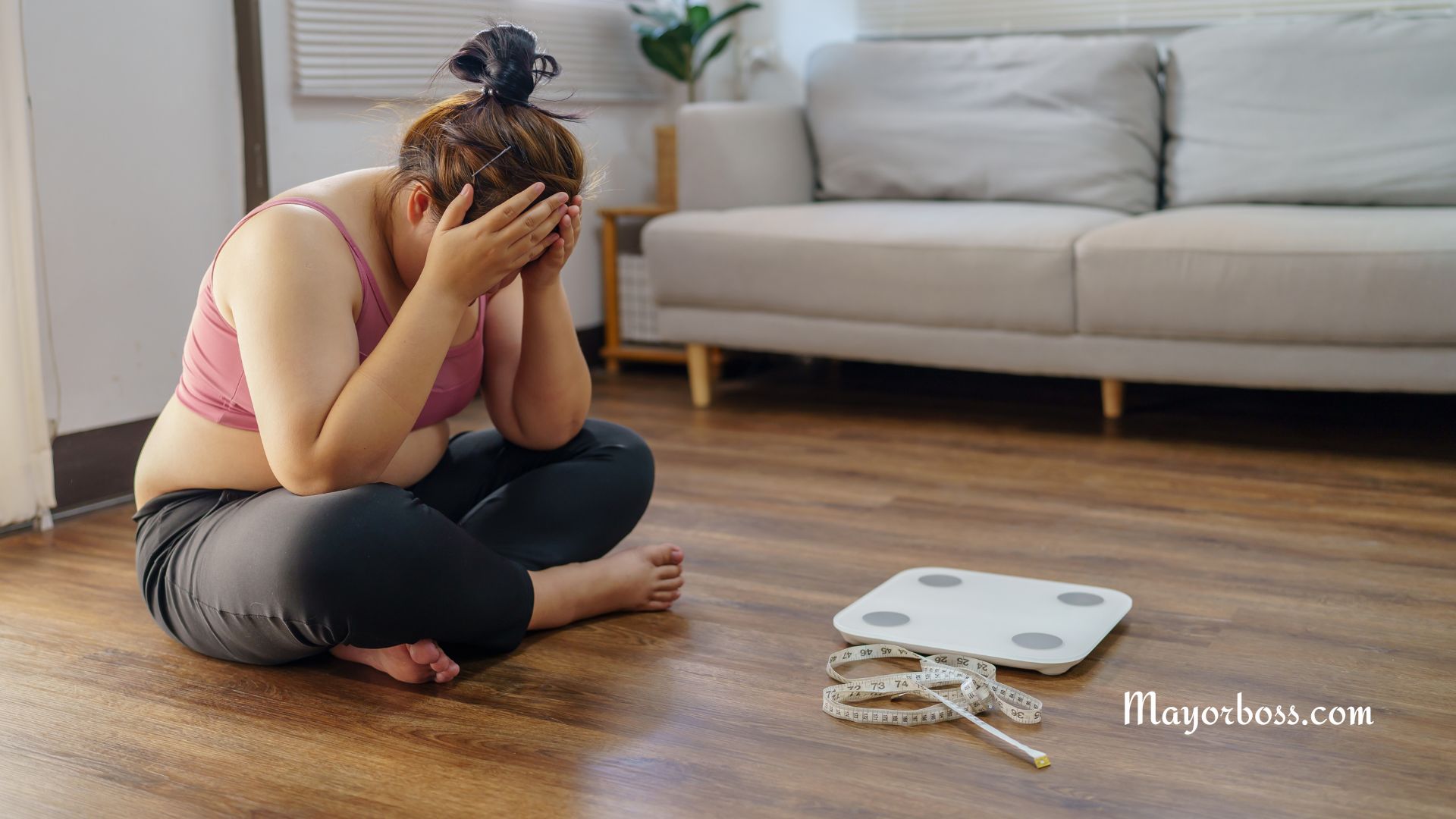Why Do Your Fingers and Toes Get Wrinkly After a Long Shower?
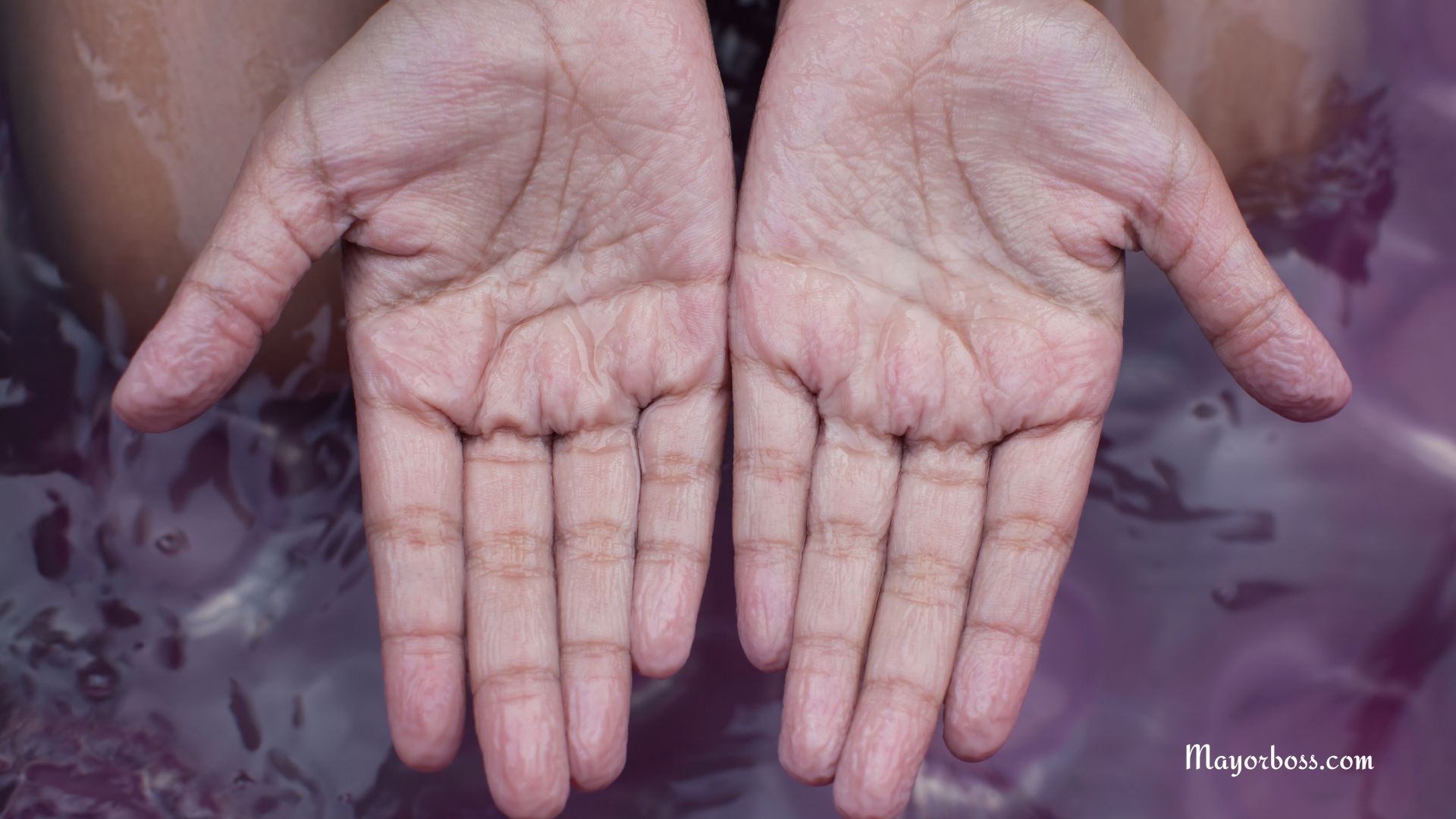
Have you ever noticed that after a long soak in the bathtub or an extended shower, your fingers and toes start to look wrinkly, like prunes? You might have wondered why this happens. Well, it’s actually a pretty cool feature of the human body. Please continue reading to learn why.
Why Does Your Skin Wrinkle in Water?
Your fingers and toes wrinkle when they’re in the water for a long time because your skin is reacting to being wet. More specifically, it’s because of how your skin and nervous system work together. When your hands and feet are in water for a while, the top layer of your skin, called the epidermis, absorbs water. This makes the skin swell and wrinkles up.
But why does this happen to your fingers and toes and not to other parts of your body?
Your Nervous System Makes Wrinkling Happen
The reason only your fingers and toes wrinkle is because of your nervous system. It turns out that wrinkling isn’t just about water soaking into your skin—it’s an active response by your body. When your hands and feet are in the water, your body sends a signal through your nervous system that makes the blood vessels in these areas get smaller. When this happens, the skin above these blood vessels collapses a little, which causes wrinkles.
It’s like pulling on the strings of a drawstring bag, making the skin scrunch up. Scientists think this happens because it gives you a better grip on wet things, like how tire treads help cars stay on the road when it’s raining.
Why Would Wrinkly Fingers Be Useful?
So why would our bodies evolve to make our fingers and toes wrinkle? Researchers think that wrinkled fingers and toes might have helped our ancestors. Imagine trying to grab something slippery, like a wet rock or food in a stream. Those wrinkles might have made it easier for early humans to handle things in wet places, like picking up wet rocks or holding onto slippery plants.
In fact, studies have shown that people with wrinkled fingers can grip wet objects better than when their skin is smooth. So, in a way, the wrinkles are like “natural treads” that help us get a better grip in wet conditions. It’s almost like our body’s way of making sure we don’t drop things when it’s wet!
Why Don’t Other Parts of Your Body Wrinkle?
You may have noticed that your arms, legs, or even your face don’t wrinkle as your fingers and toes do, no matter how long you’re in the bath. This is because the skin on your hands and feet is thicker and has more keratin (a tough protein). The thicker skin and special nerve signals make your fingers and toes behave differently when they’re in the water.
Wrinkling seems to be most useful for the parts of our body that we use to hold and grab things—our hands and feet. These are like our body’s tools, and the wrinkles are a clever trick to make them work better in certain situations.
What If Your Fingers Don’t Wrinkle?
If you’ve noticed that your fingers or toes don’t wrinkle in water like they used to, it might be a good idea to tell your doctor. Not having wrinkly skin could be a sign of a problem with your nervous system. But this is rare, and for most of us, wrinkly fingers are just a normal, harmless part of being human.
Blood Flow and Wrinkling: What’s Happening Under the Skin?
When you’re soaking in the bath, the reason your fingers wrinkle isn’t just because of the skin—it also involves your blood flow. As we mentioned, your nervous system sends signals that reduce the blood flow to your fingertips and toes. This reduced blood flow makes the skin lose some of its volume underneath, which causes it to wrinkle.
It’s pretty amazing that something as simple as wrinkled skin involves a complex interaction between your nerves and blood vessels. It’s a great reminder that our bodies are always adapting, even in small ways, to help us handle our environment.
Other Times When Your Skin Might Wrinkle
Skin wrinkling doesn’t just happen because you’re in the bath too long. You might also notice wrinkles if your skin gets very cold or dry. In cold weather, your blood vessels get smaller to keep heat in, and this can make your skin wrinkle. The body uses these kinds of tricks to protect itself from the environment.
Wrinkled Fingers Can Tell Us About Our Health
Believe it or not, doctors sometimes use wrinkling as a simple test to check if your nerves are working well. If your fingers don’t wrinkle after being in the water for several minutes, it might be a sign of nerve damage. So, those wrinkled fingers aren’t just a funny quirk—they can actually be an important health clue.
Final Thought
In short, when your fingers and toes get wrinkly after a long shower or bath, it’s not just because you’ve been in the water too long. It’s your body’s way of adjusting to help you out. This simple reaction is actually a smart way your body prepares you to hold onto slippery things better—a trick that probably helped our ancestors a lot.
So, when next you see those wrinkly fingers after a bath, keep in mind that it’s not just your skin getting “waterlogged.” It’s your body adapting to the environment, giving you an edge that has been passed down for generations.


